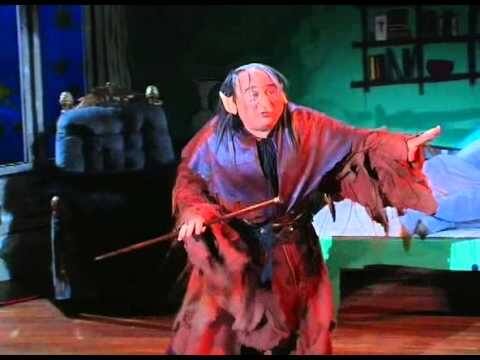Danny DeVito still thinks about that boy's hole, and other lessons from an oral history of "The Nightman Cometh"

Season four finale “The Nightman Cometh” might be the most beloved episode in It’s Always Sunny In Philadelphia’s 13-season history. Profane, catchy, and even, in its own way, kind of sweet, the episode has spawned any number of impromptu singalongs among the show’s fans, and even a brief national tour by its cast, bringing the epic story of the Nightman and the Dayman to theater audiences across the country.
To celebrate this landmark musical accomplishment (and the decade it’s been since the episode first aired), GQ has an oral history of “The Nightman Cometh” today, complete with conversations with all five of the show’s stars, plus episode director Matt Shakman. The clearest thing that comes through from these chats is how much everybody involved loved the episode, in which the Gang stages a truly terrible musical at poor Charlie’s behest. Danny DeVito happily reminisced about the ear-worm nature of the show’s Charlie Day-penned melodies: “I never stopped singing, ‘You gotta pay the troll toll to get into that boy’s hole.’ After that episode, wherever I’d go, people would scream it [at me] out of windows.”
Meanwhile, Day and Rob McElhenney got into a deeper conversation about one of the episode’s biggest jokes—i.e., that Day’s character Charlie thinks his play is empowering, but which everyone else reads as being about child molestation—and how they approach that sort of material in their show.
